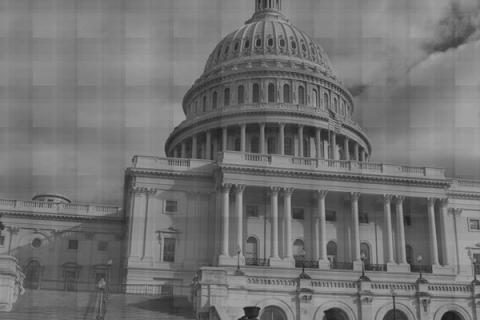The United Nations assembles this week in Rio de Janeiro, Brazil to host the 2012 United Nations Conference on Sustainable Development, known as the Rio+20 Summit. The 2012 Rio+20 Summit serves as a follow-up to the 1992 United Nations conference on Environment and Development (UNCED) also held in Rio de Janeiro.
The primary goal of the 1992 summit was to create a legally binding convention on biodiversity, a climate-change agreement that led to the Kyoto protocol, a 6,000-page blueprint for action, a six-page philosophical paper linking poverty to environmental degradation, initiatives for forests, and new principles to guide world development.
The original 1992 summit had key participants including presidents, prime ministers, two kings, member states of the UN system, and member groups of all sectors of society, including both private and public.
Although the upcoming summit will be recognized as the largest UN-held event to be organized, certain political leaders will be absent from this year’s Summit.
President Obama, British Prime Minister David Cameron, and German Prime Minister Angela Merkel are just a few global leaders who will miss the Summit. The leaders are said to be absent partly due to the intensifying international financial crisis that according to them, surmounts the issues raised by the 2012 Earth Summit.
Rich and developed countries such as the US, UK, and France may not have as much to at risk compared to other countries with rapidly growing economies. Brazil, India, and China are all determined to put their mark on the Rio+20 Summit as the countries sitting in the developing drivers seat.
The UN anticipates the 2012 Rio+20 Summit will result in the formation of a "green economy roadmap with environmental goals, targets and deadlines.”
Unlike the 1992 Summit, this year’s Summit will focus on creating a strong foundation for the next 20 years rather than legally binding conventions.
The excessive influence of multinational corporations, such as Shell, could possibly impede the outcome and the goals intended for this year’s summit. The multinational corporations’ sway is partly due to their senior company representatives’ avid participation in the corporate lobbying agencies active in the Rio+20 negotiations.
These agencies include the International Chamber of Commerce, the International Petroleum Industry Environmental Conservation Association, the UN Global Compact, the World Business Council for Sustainable Development, and the International Emissions Trading Association.
"It is not acceptable that companies like Shell who cause massive pollution and human rights abuses should be in the driving seat of processes for sustainable development,” said Nnimmo Bassey, chair of Friends of the Earth International in a statement.
That is a recipe for disaster for our planet and peoples. Corporate polluters should not help making laws, they should face the law."
Achim Steiner, the director of United Nations Environmental Programme (UNEP) emphasized the importance of taking the necessary steps to curb pollution in order to mitigate negative environmental effects, such as, harming ecosystems, escalating climate change, causing soil and ocean degradation, and killing of millions of people in pollution-related illnesses each year.
"If trends continue … governments will preside over unprecedented levels of damage and degradation. Earth systems are being pushed towards their biophysical limits,” SteinerAs environmental issues are steadily becoming major global concerns, financial stability and economies still take priority over the nature of our planet, evident in the absences of several political leaders.
Marina Sylva, former Brazilian environment minister and presidential candidate, believes the 2012 Summit could not be more important.
"They cannot lower expectations in the face of a crisis worsening every day,” she told The Guardian.
I hope that Rio+20 will become the Tahrir square of the global environmental crisis and that public opinion will be able to tell leaders that they cannot brush off the science.”

